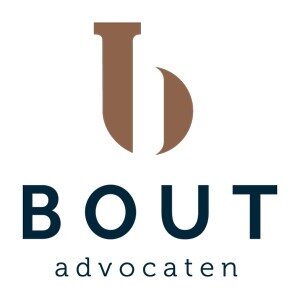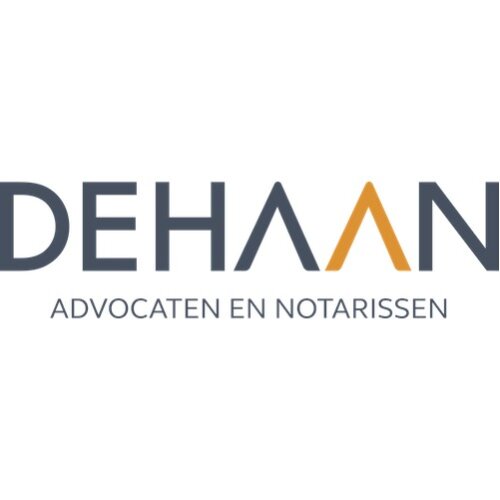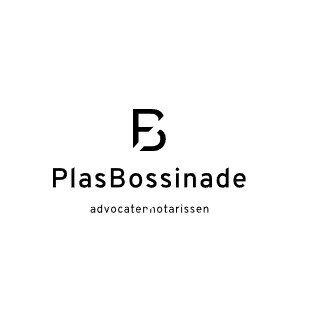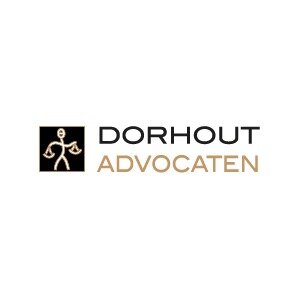Best Tax Increment Financing Lawyers in Groningen
Share your needs with us, get contacted by law firms.
Free. Takes 2 min.
List of the best lawyers in Groningen, Netherlands
About Tax Increment Financing Law in Groningen, Netherlands
Tax Increment Financing (TIF) is a public financing method that is utilized for subsidizing redevelopment, infrastructure, and other community-improvement projects in Groningen and other parts of the Netherlands. TIF works by redirecting future tax revenue increases from a defined area toward an economic development project or public improvement. In Groningen, TIF has been instrumental in facilitating urban redevelopment and infrastructure improvements, leveraging private investments, and fostering economic growth in targeted areas.
Why You May Need a Lawyer
Individuals or businesses may seek legal advice on Tax Increment Financing for various reasons. Common situations where legal expertise might be necessary include:
- Understanding the legal implications and processes involved in initiating a TIF district or project.
- Negotiating agreements between developers and local governments.
- Addressing potential disputes related to the distribution and use of TIF funds.
- Ensuring compliance with local laws and regulations governing TIF projects.
- Investigating the impact of TIFs on local tax obligations and assessments.
Local Laws Overview
Tax Increment Financing in Groningen is governed by a set of local laws and regulations designed to ensure transparent and efficient use of funds. Key aspects of these laws include:
- The establishment process for TIF districts, which requires approval from local authorities.
- Specific criteria that projects must meet to qualify for TIF funding, including evidence of potential economic benefit and financial feasibility.
- Restrictions on the types of projects that can be funded with TIF revenues, typically focusing on infrastructure and redevelopment efforts.
- Requirements for public hearings and stakeholder consultations to ensure community involvement and transparency.
Frequently Asked Questions
What is Tax Increment Financing (TIF)?
TIF is a method of financing public projects by capturing the future increase in taxes from a designated area and using that increment to fund infrastructure and development projects.
Who oversees TIF projects in Groningen?
TIF projects in Groningen are overseen by local municipal authorities, often in coordination with regional planning agencies and other relevant governmental bodies.
How can a TIF district be established?
Establishing a TIF district involves a formal proposal process, approval from local government entities, and often public input through hearings.
What types of projects are typically funded through TIF?
TIF is commonly used to fund projects that include infrastructure improvements, urban redevelopment, and initiatives aimed at increasing economic activity in underdeveloped areas.
How does TIF impact existing taxes?
Existing taxes are not increased through TIF; instead, the incremental increase in tax revenue generated by rising property values in the TIF district is used to fund projects.
Can residential areas be part of a TIF district?
Yes, TIF districts can include residential areas, particularly when projects aim to improve infrastructure or revitalize blighted neighborhoods.
How long does a TIF district last?
The duration of a TIF district is typically defined at its inception and can vary based on local law and the nature of the projects involved, often lasting between 15 to 30 years.
What are the risks associated with TIF?
Risks include the potential for insufficient revenue increment to cover project costs, leading to financial strain on the municipality, or misallocation of TIF funds.
Can TIF be used for private projects?
While TIF primarily funds public infrastructure, it can indirectly support private projects that contribute to broader economic improvements and meet specific local criteria.
Is public approval required for TIF projects?
Yes, public hearings and consultations are generally required to ensure transparency and community involvement in the decision-making process.
Additional Resources
For more information on Tax Increment Financing in Groningen, consider reaching out to the following resources:
- Groningen Municipal Government - for details on local policies and processes.
- Regional Development Agencies - for insights into regional redevelopment plans and available incentives.
- Legal Aid in the Netherlands - for accessing affordable or free legal assistance.
Next Steps
If you find yourself in need of legal assistance concerning Tax Increment Financing in Groningen, here are some steps you can take:
- Research and reach out to legal firms specializing in municipal or finance law.
- Prepare relevant documents and information regarding your specific concerns or project proposals.
- Consult with local government representatives to better understand the TIF process and regulations.
- Consider attending public meetings or hearings related to TIF projects in your area to gain deeper insights.
Lawzana helps you find the best lawyers and law firms in Groningen through a curated and pre-screened list of qualified legal professionals. Our platform offers rankings and detailed profiles of attorneys and law firms, allowing you to compare based on practice areas, including Tax Increment Financing, experience, and client feedback.
Each profile includes a description of the firm's areas of practice, client reviews, team members and partners, year of establishment, spoken languages, office locations, contact information, social media presence, and any published articles or resources. Most firms on our platform speak English and are experienced in both local and international legal matters.
Get a quote from top-rated law firms in Groningen, Netherlands — quickly, securely, and without unnecessary hassle.
Disclaimer:
The information provided on this page is for general informational purposes only and does not constitute legal advice. While we strive to ensure the accuracy and relevance of the content, legal information may change over time, and interpretations of the law can vary. You should always consult with a qualified legal professional for advice specific to your situation.
We disclaim all liability for actions taken or not taken based on the content of this page. If you believe any information is incorrect or outdated, please contact us, and we will review and update it where appropriate.











